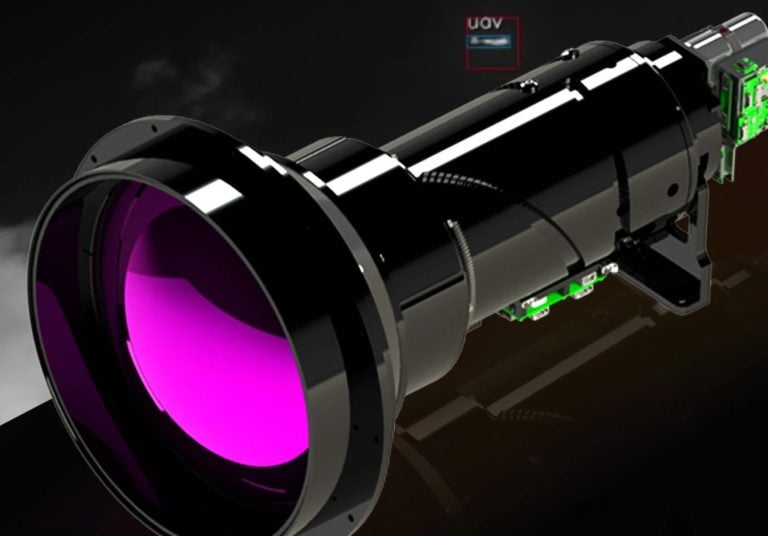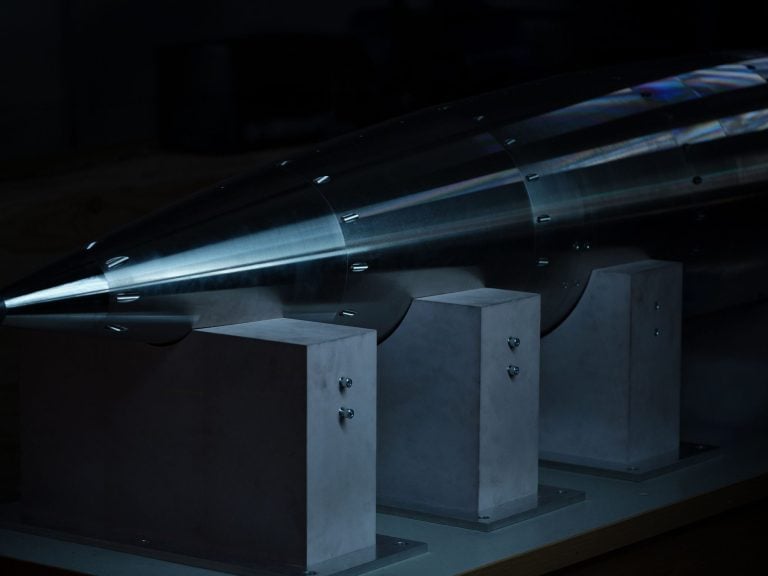The U.S. government has made a significant announcement regarding military support for Israel, revealing the approval for the sale of over $7.4 billion in bombs, missiles, and related equipment. This decision comes amidst an ongoing conflict in Gaza, where Israel has been actively utilizing American-made weaponry.
The U.S. State Department has signed off on the sale, which includes approximately $6.75 billion allocated for bombs, guidance kits, and fuses, along with an additional $660 million dedicated to the sale of Hellfire missiles, as reported by the U.S. Defense Security Cooperation Agency (DSCA).
The DSCA emphasized that this proposed sale is aimed at enhancing Israel’s capabilities to address current and future threats, bolstering its defensive measures, and acting as a deterrent to regional hostilities. Specifically, the missiles are intended to improve the operational effectiveness of the Israeli Air Force, particularly in protecting critical infrastructure and civilian populations within its borders.
This escalation in military support comes on the heels of Israel’s intense military operations in Gaza, which began in October 2023. The offensive was launched in retaliation for an unprecedented attack by Hamas, a Palestinian militant group, which has since resulted in widespread devastation throughout Gaza. The conflict has led to massive displacement among the local population, although a ceasefire has been in place since last month, abruptly halting the hostilities and facilitating the release of hostages taken by Hamas.
The announcement of this sale raises concerns regarding humanitarian impacts, particularly in light of previous controversies. Under the administration of then-President Joe Biden, there was a temporary halt on the shipment of larger 2,000-pound bombs to Israel due to concerns over civilian casualties. However, reports indicate that Donald Trump, upon taking office again, approved the shipment.
While the State Department’s approval marks a significant step in the sale process, congressional approval is still required before the transactions can be finalized. Given the longstanding relationship between the U.S. and Israel—Washington’s closest ally in the Middle East—an obstruction from Congress regarding this arms deal is deemed unlikely.







